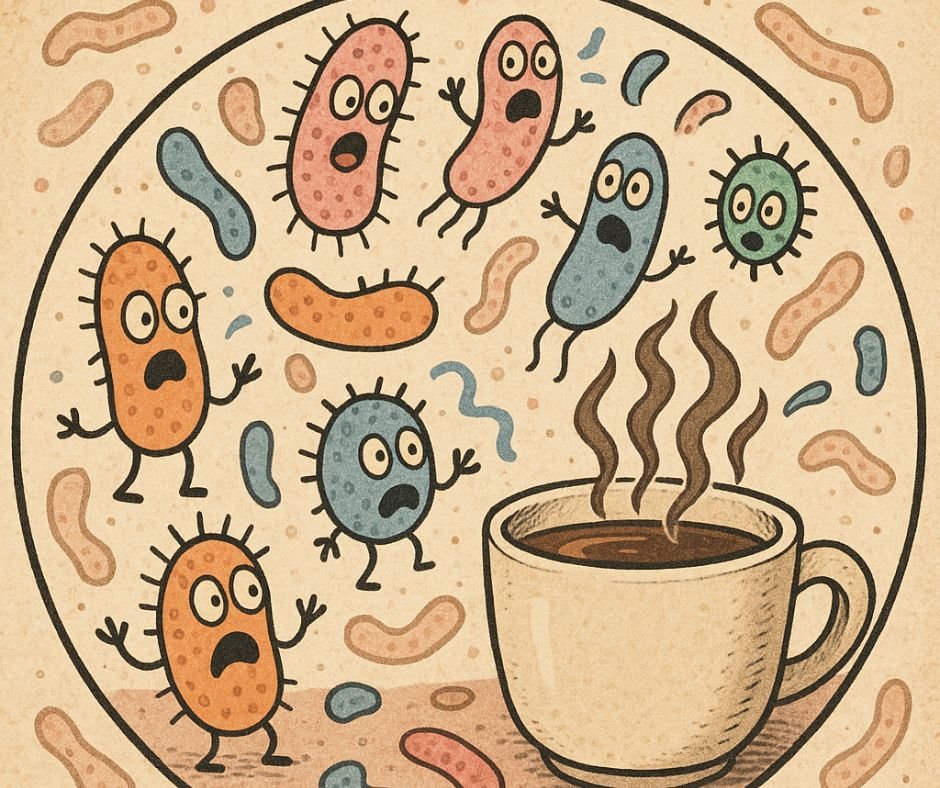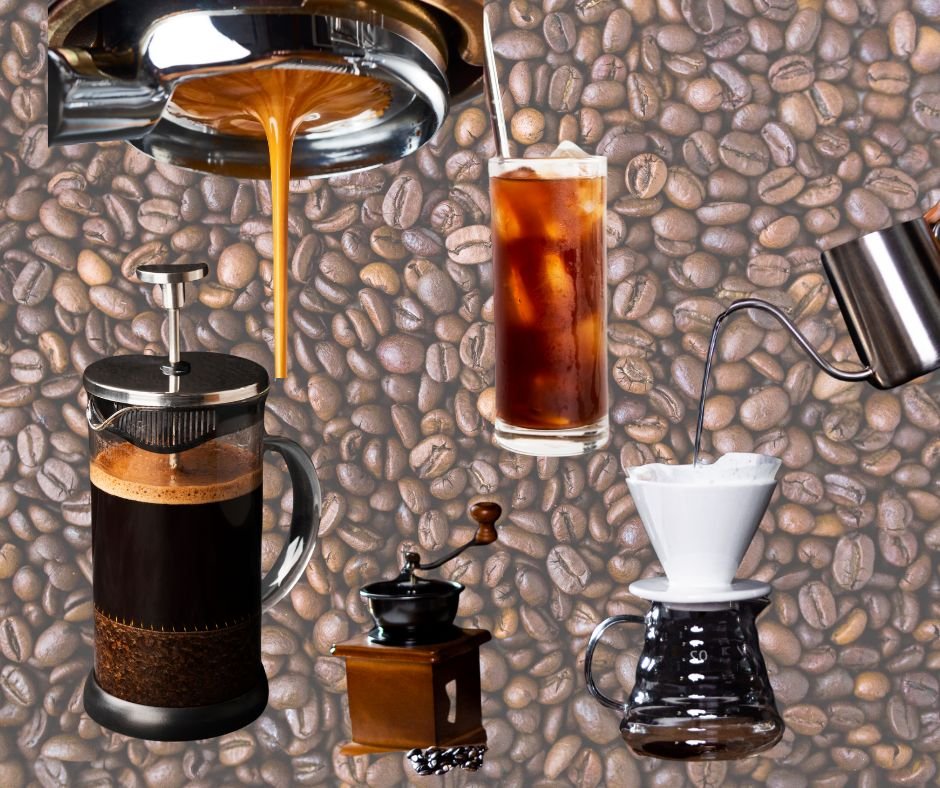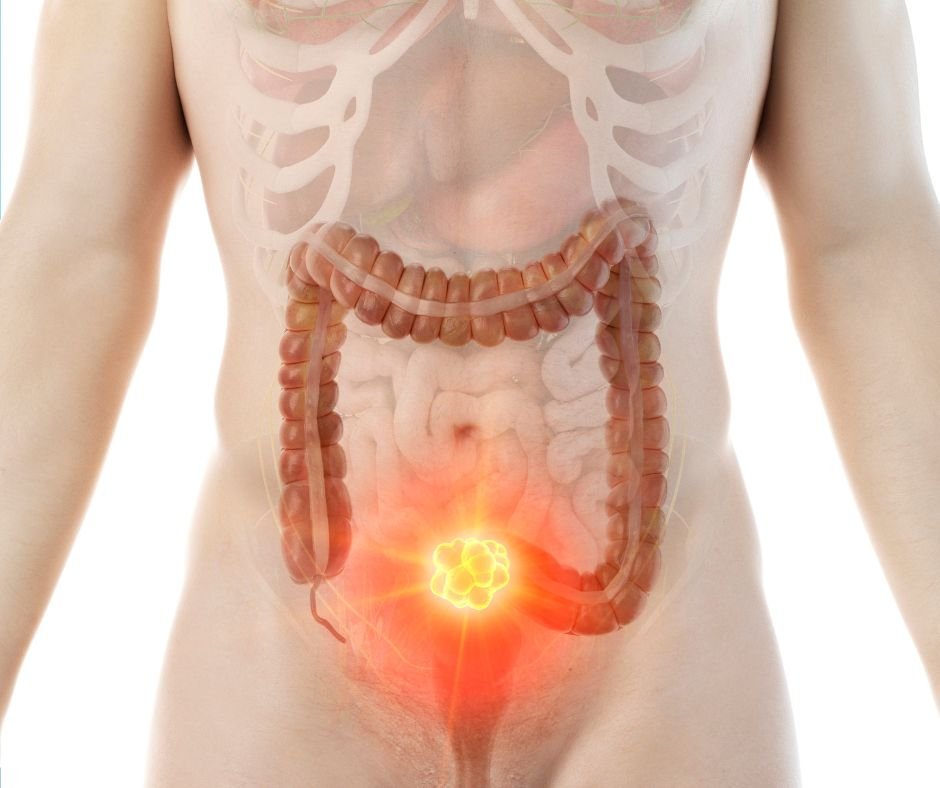Is Coffee Hurting or Helping Your Gut Health?
Table of Contents
TL;DR (Too Long; Didn’t Read)
Coffee can help or harm your gut depending on how much, when, and how you drink it. It may improve digestion, enhance microbiome diversity, and help with regularity. But for others, it can trigger acid reflux, worsen IBS symptoms, and cause inflammation. The key? Understand your gut type, time your caffeine hits smartly, and track your poop like a pro—with tools like The PoopSTICK.
Your Morning Brew Might Be Betraying You
You roll out of bed, half-asleep, reaching for that life-saving cup of coffee. It’s your ritual. Your lifeline. Your shortcut to feeling human again. And within moments—boom—you’re headed to the bathroom, like clockwork.
But here’s the kicker…
That reliable caffeine kick might be setting your gut up for disaster.
You see, coffee plays both sides of the gut health game. It’s both the hero and the villain, the angel and the devil on your digestive shoulder. And if you’re someone who cares about your bathroom habits (and let’s be honest—you’re here at The PoopSTICK, so you absolutely do), then you need to know what coffee is really doing inside your gut.
Is it fixing your flow—or secretly fueling your digestive drama?
Let’s find out.
Key Takeaways
☕ Coffee can improve gut motility—great for regular poops.
🧬 It supports microbiome diversity thanks to polyphenols.
🔥 Too much caffeine can cause inflammation, reflux, and IBS flare-ups.
🕐 Timing, quantity, and additives make all the difference.
💩 Track your poop reactions with tools like The PoopSTICK.

The Gut-Coffee Connection: What’s Really Going On Inside You?
Let’s get scientific for a second.
Coffee contains more than just caffeine. It’s a complex cocktail of over 1,000 bioactive compounds—everything from chlorogenic acid to diterpenes to those delightful oils that leave a sheen on the top of your French press.
These compounds interact with your digestive system, nervous system, and gut microbiome in powerful ways. Some are helpful. Some are not.
Here’s what happens when that first sip hits your system:
Stimulates peristalsis: That wave-like muscle movement in your intestines kicks into gear.
Triggers gastric acid secretion: Hello, stomach acid—great for digestion, bad for reflux.
Boosts bile production: This helps break down fats and get your system moving.
Excites the enteric nervous system: Yep, your “second brain” in the gut gets jazzed up.
Coffee isn’t just waking up your brain. It’s electrifying your entire GI tract.
But what’s the long-term effect of that buzz?
The Perks of Coffee for Your Gut (When It’s the Hero)
Coffee is a natural laxative for many people. It stimulates gut motility by interacting with the colon directly. Whether it’s caffeinated or decaf, studies show coffee can get things flowing faster than water.
For people dealing with constipation, a well-timed cup of joe could be nature’s best solution.
✅ 2. It Feeds Your Microbiome
Coffee is loaded with polyphenols—plant compounds that feed good gut bacteria like Bifidobacterium. This means your daily brew might be contributing to microbiome diversity, which we now know is essential for immune health, weight control, and mental clarity.
✅ 3. It Reduces Risk of Colon Disease (in Moderation)
Multiple studies have shown that moderate coffee consumption is linked with a lower risk of colorectal cancer and improved gut health markers overall.
So yes—coffee, in the right dose, can be part of a healthy gut routine.
But don’t start celebrating just yet…
The Dark Side of Coffee for Gut Health (When It’s the Villain)
For every person who benefits from coffee’s digestive magic, there’s another who’s suffering in silence after every sip.
Let’s break it down.
⚠️ 1. Caffeine Can Be Too Aggressive
Caffeine increases stress hormones like cortisol, which can wreak havoc on the gut lining. This stress can lead to leaky gut, bloating, and cramping—especially in people prone to anxiety or adrenal fatigue.
⚠️ 2. Triggers Acid Reflux and Heartburn
Coffee relaxes the lower esophageal sphincter—the “lid” that keeps stomach acid from bubbling up your throat. If you struggle with GERD or acid reflux, coffee could be the culprit behind that burning feeling.
⚠️ 3. Exacerbates IBS Symptoms
IBS sufferers often find coffee worsens symptoms like diarrhea, cramps, or sudden urgency. The caffeine, acidity, and even temperature can trigger the gut-brain alarm system, leading to unpredictable outcomes in the bathroom.
⚠️ 4. Additives Can Wreak Havoc
Most people don’t drink coffee straight. Enter sugar, dairy, artificial creamers, flavor syrups, and low-calorie sweeteners. These are gut irritants, plain and simple—feeding bad bacteria and throwing your digestion into chaos.
So if your morning latte is more sugar bomb than black brew, you’re not just sipping coffee—you’re gulping down gut dysfunction.

Brew Battles: Which Coffee Method Respects Your Gut?
Let’s get one thing straight: not all coffee is created equal—especially when it comes to your gut.
Yes, the bean matters. The roast matters. But here’s a little-known kicker: your brewing method could be the real hero or villain of your morning routine.
Let’s break it down:
Cold Brew – Smooth operator. It’s steeped in cold water for 12–24 hours, which makes it lower in acidity, less bitter, and much gentler on your digestive tract. If coffee typically wrecks your stomach, this is your gut’s best friend in a glass.
Espresso – Strong, concentrated, and full-throttle. Great for flavor (and Instagram shots), but its high concentration can be like a sucker punch to your stomach lining, especially when consumed solo and on an empty stomach.
Drip Coffee – The middle child. Acidity and gut reaction depend on bean origin, roast level, and water temperature. Lighter roasts tend to be more acidic, while darker ones may be a little easier for some stomachs to handle.
French Press – Rich, bold, and full of oils. Great for flavor… but those oils (called diterpenes) can irritate sensitive guts and may even mess with your cholesterol over time if consumed excessively.
Bottom line: If your morning cup leaves you queasy, jittery, or running for the bathroom, it might not be the coffee itself—it could be the way you’re brewing it.

Timing & Dosage: Your Gut-Friendly Coffee Ritual
Most people make one critical error with coffee: they slam a cup before their stomach has anything else to work with.
That’s like waking up your gut with a foghorn.
Here’s what happens when you drink coffee on an empty stomach:
Cortisol spikes — Your body’s stress hormone ramps up, setting off a chain reaction of jitters, mood swings, and gut discomfort.
Stomach lining gets irritated — Coffee increases stomach acid, and without food as a buffer, that acid goes to war with your gut.
Your bowels go into overdrive — Think acid reflux, nausea, or the dreaded post-coffee sprint to the toilet.
Here’s how to do it right:
Eat a small meal first, especially with healthy fat or protein (think: eggs, avocado toast, or a spoonful of almond butter).
Wait 30–60 minutes, then enjoy your coffee. This gives your body time to settle into digestion mode.
Limit it to 1–2 cups a day. More isn’t better—it’s just more stress for your gut and adrenal system.
Cut off caffeine after 2 PM to protect your sleep quality, hormone balance, and recovery.
Your gut thrives on rhythm, not chaos. Treat coffee like a partner in your routine—not a crash cart.

Coffee & Your Gut: What the Science Actually Says
Let’s separate the myths from the microbiome magic. Here’s what science says about your beloved brew:
Gut Motility: Coffee—yes, even decaf—stimulates colon activity. In fact, caffeinated coffee increases colon contractions by up to 60%, while decaf still gives you a 23% nudge. That “gotta go” feeling isn’t just in your head. It’s biology.
Microbiome Diversity: A 2020 study published in Nutrients found that habitual coffee drinkers had more diverse gut flora, which is a good thing. Rich microbiomes are linked to better immunity, digestion, and even mood stability.
Inflammation Markers: Coffee’s antioxidants may lower C-reactive protein, a major indicator of systemic inflammation. In short, the right dose of coffee may help keep inflammation in check.
So yes—coffee can be good for your gut.
But—and this is crucial—it depends on your genetics, your stress levels, your brew method, and your current gut health. What’s medicine for one person might be misery for another.
Gut-Proofing Your Coffee Habit
Love coffee but hate how it makes you feel? You don’t need to give it up. You just need a smarter strategy.
Try these gut-friendly upgrades:
✅ Go Organic, Low-Acid: Pesticide residues and mold toxins can aggravate gut symptoms. Organic beans = cleaner energy.
✅ Brew Smart: Use a cold brew or drip method with a paper filter. These remove irritants like oils and fine particles.
✅ Skip Artificial Junk: That caramel swirl and zero-calorie hazelnut syrup might taste good, but they’re gut grenades. Ditch ‘em.
✅ Add Gut Helpers:
Cinnamon (anti-inflammatory)
Collagen peptides (gut lining support)
Oat milk (easier to digest than dairy)
✅ Track Your Poops: Use The PoopSTICK to monitor the real-time effects of your coffee choices.
Coffee doesn’t have to be your enemy. But it does need boundaries.
Real Talk: Is Coffee Helping or Hurting Your Poop Game?
Let’s get brutally honest.
You drink coffee. You poop. You think everything’s working just fine.
But here’s the problem: not all poops are created equal.
If your coffee habit results in:
Urgency (like, now-now)
Loose, watery stool
Incomplete evacuation
Gas, bloating, or cramping
…you’re not experiencing healthy digestion—you’re masking dysfunction.
Your ideal poop should:
Be well-formed (think smooth, sausage-shaped)
Slide out easily without pushing
Leave you feeling totally empty
If coffee is doing the heavy lifting to get your bowels moving, you need to investigate further. You might be using it as a crutch rather than a companion.
Solution? Start logging.
Track:
What kind of coffee you drink
How much
When
And what your poop looks and feels like afterward
Use The PoopSTICK to spot trends. Over a few weeks, you’ll know exactly what works—and what doesn’t.
Want Better Poops? Start with The PoopSTICK.
You don’t need to abandon your morning brew. You just need to get intentional about how it interacts with your gut.
Here’s your action plan:
Track your coffee habits
Log your poop daily
Spot the patterns
Adjust based on data—not vibes
No more guessing. No more bathroom roulette. Just clarity, control, and confidence in your gut health.
👉 Grab your own PoopSTICK today and become the Sherlock Holmes of your own digestion.
Because let’s be real—your gut deserves better than guesswork.
And your poops? They deserve to be legendary.
Join our Email List
About the Author

James
Founder of The PoopSTICK | Gut Health Advocate | Healthcare Pro
I’m James, the guy who talks about poop so you don’t have to (but probably should). With over 12 years of experience in the healthcare world—and a family history of colon cancer which made gut health personal—I created The PoopSTICK to give people a better, more natural way to poop.
After trying almost every pooping gadget, toilet stool, and gut health trend under the sun, I realized most products were uncomfortable, overhyped, or just plain awkward. So I built something better—designed for real humans who want real results.
The PoopSTICK isn’t just a product; it’s part of a movement to take gut health seriously (while still laughing a little). Through our blog, I share natural health tips, poop-positive education, and easy ways to take control of your digestion—because better bowel movements should be a normal part of life, not an embarrassing mystery.
If you're someone who cares about health, wants to feel better naturally, or just wants to poop like a champion, you're in the right place.
Let’s talk sh*t—so you can get rid of it better.

James
Founder of The PoopSTICK | Gut Health Advocate | Healthcare Pro
I’m James, healthcare veteran and gut health advocate on a mission to help you poop better—naturally. With over 12 years in the industry and a personal drive to prevent colon cancer, I created The PoopSTICK after being let down by every “solution” out there.
This isn’t just a stick—it’s a movement (literally). I mix humor, health tips, and real talk to make better bowel movements something we can actually talk about.
Let’s ease your poop!
Past Blog Posts

What Your Stool Color & Shape Reveal About Your Gut Health
Your poop is a real-time report card on your gut health—and most people are ignoring it. From color changes to weird shapes to the clues hidden in texture, every bowel movement tells a story. This guide breaks down exactly what your stool says about digestion, inflammation, and the hidden issues you can’t see.

Is Wheat Wrecking Your Gut? What Celiac Disease Reveals
Wheat isn’t the villain—it’s the kind of wheat that’s wrecking your gut. From ancient grains to modern hybrids, discover how today’s wheat triggers inflammation, worsens celiac symptoms, and sabotages digestion—and what smarter, safer alternatives can finally bring your gut back to balance.

Gut Health and GLP-1: The Hidden Link to Weight and Energy
Your gut isn’t just digesting food—it’s controlling your hunger, energy, and even how fast you burn fat. Inside you is a powerful hormone called GLP-1, and when your gut’s out of balance, it shuts down. Discover how to reactivate this hidden fat-burning axis naturally—no drugs, no gimmicks, just real gut power.

